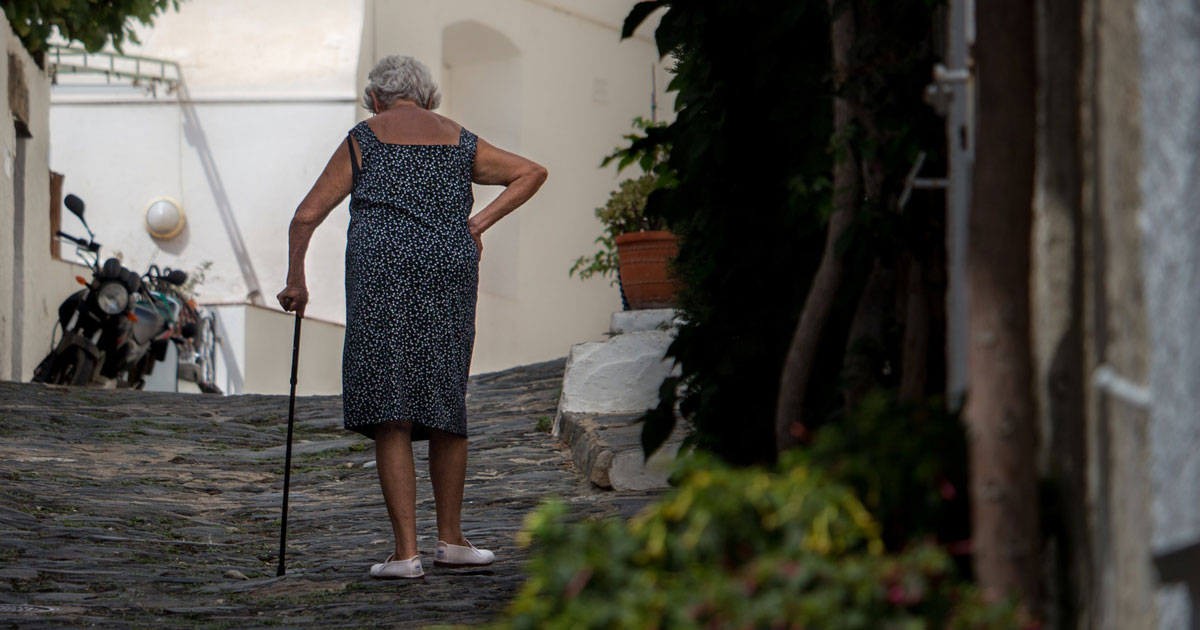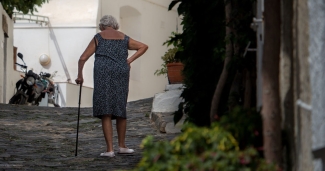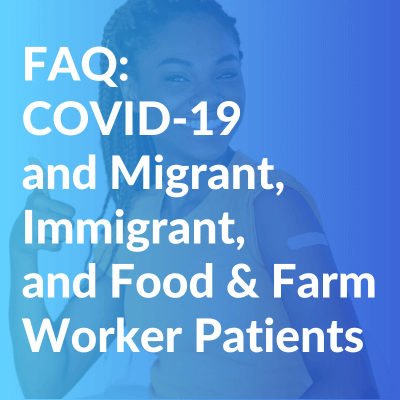Outside the Clinic Walls: Health Centers Can Make an Impact on the Social Determinants of Health Through SDOH Academy

A patient is having a hard time getting her diabetes under control. The clinician has done everything -- the correct prescriptions, a class with the dietician, a group lesson and take-home brochure on how to manage diabetes. But she still struggles: she can’t read the brochure very well, as her English is poor. The only market in her neighborhood is a convenience store, so she’s limited on her food choices. She feels the streets around her apartment are dangerous, and doesn’t want to go out to exercise. How can a health center address these and other social determinants of health (SDOH) when the issues occur so far outside of the clinic’s walls?
This month, the newly launched SDOH Academy dives into the first of its six-month webinar series that aims to equip health centers, health center controlled networks, and primary care associations (PCAs) with strategies to effectively address social determinants in their communities. Each webinar will be led by experts from organizations with a National Cooperative Agreement (NCA) with the Health and Resources Services Administration (HRSA) to best serve special populations in health centers. The coordinator of the SDOH Academy, the National Center for Medical-Legal Partnership (NCMLP), also an NCA, saw that the NCAs housed a wide array of expertise for health centers, and envisioned a curriculum that would provide a more complete and solid set of community-based SDOH interventions, all together.
The six sessions aren’t just the presentation of case studies. The entire series is designed to help health centers prepare for implementation of strategies, execute the chosen strategies well, and sustain the programs over the long haul. The first session, on assessing readiness, is followed by February’s webinar on data collection and usage. A two-month focus on “Pathways to Cross-Sector Partnerships to Address SDOH” is followed by May’s session on population-specific approaches to SDOH, which is co-presented by MCN. The final session, “The Road to Sustainability for SDOH Interventions,” assures that health centers have the tools to maintain the programs they are working on implementing.
“Whether focused on housing, or special populations, or access to certain services, we really wanted to unify our expertise and deliver content together,” noted Ellen Lawton, JD, at NCMLP. Lawton and her colleagues at NCMLP pitched the idea of a coordinated SDOH Academy to HRSA Project Officer Julie Breen, who jumped at the chance. HRSA funding enabled NCMLP to launch a pilot program last year, with good success.
“People were really thirsty for the content,” during the pilot year, Lawton noted, “but people were at all different levels in terms of their expertise and implementation of SDOH activities.” Participants included leaders in innovation and tiny rural health clinics, “and everything in between,” she said, but “it mattered to people that they were all hearing the same information together.”
To better support each participant wherever they are in the process, SDOH Academy will hold regular monthly webinars with experts, augmented by “office hours” with the experts the following week. Participants can consequently go into the series with no experience at all, or with an up-and-running program addressing SDOH, and still gain access to the content and expertise that matches their needs and their current proficiency level.
“We realize it’s going to be a lot of information to absorb in that one session,” admitted Sharena Hagins, MPH, CHES, NCMLP’s Research Associate and coordinator of the SDOH Academy. Office hours, designed as smaller sessions with capped participation, will facilitate more conversation and a “more intimate setting,” for participants to better understand the topic at hand and how their organizations can address it, both through peer learning and engagement with the experts, Hagins said.
So far, the response from health centers has been high. “I think part of what we’ve tapped into is this interest in integrated curriculum, which is more about how [participants] operate their health centers and think more about patients and community and less about individual topics like housing or transportation,” Lawton said. The SDOH Academy strategy “reflects the integrated approach that health centers are taking to address social determinants.”
Registration for the SDOH Academy is now open. Participants can register for the entire series or for individual sessions. The first session, “Assessing Readiness to Incorporate SDOH into Health Centers,” is on January 11 at 3pm EST. MCN is co-hosting “Population-Specific Approaches to SDOH,” on May 10.
Like what you see? Amplify our collective voice with a contribution.
Got some good news to share? Contact us on our social media pages above.
Return to the main blog page or sign up for blog updates here.
- Log in to post comments






